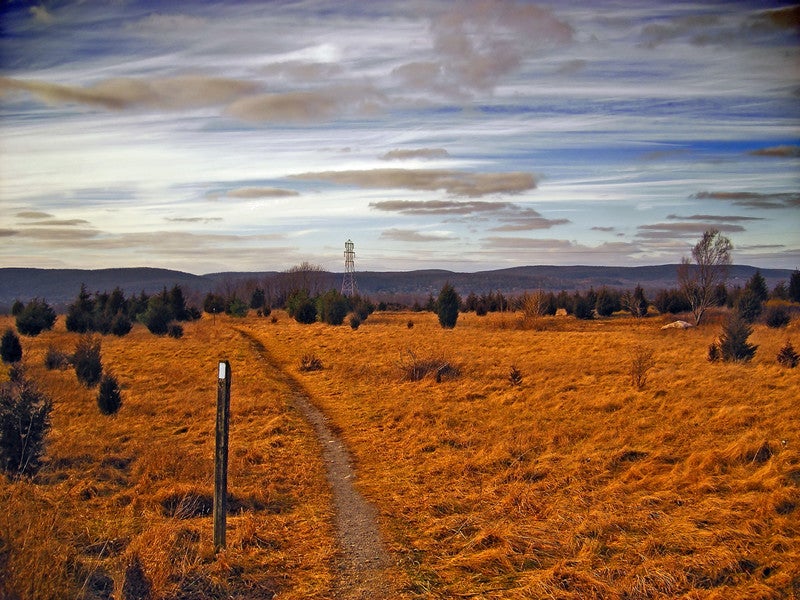Ask a Thru-Hiker: Planning a Mid-Career Thru-Hike

'Appalachian Trail (Photo by Nicholas A. Tonelli)'
Dear Snorkel,
I’m a 43-year-old man who has worked in sales since I graduated college. About a year ago, I got a boss I couldn’t stand. I’m thinking now might be a good time to quit and hike the Appalachian Trail, but my wife is worried it will kill my career, and I’m concerned it will eat my middle-aged body alive. Do you have any advice?
Ready for Something New
Dear Ready for Something New,
A mid-career thru-hike may be just what your professional life needs. A long walk gives you time to reflect on what you like and don’t like about your job, where you want to go, and what kind of people you want to work with. Your wife may take comfort knowing that most mid-career thru-hikers return to their working lives with newfound energy and focus.
More good news: Hikers of your age enjoy a high rate of success. Decades of work teach you discipline, organization, and preparation—the same skills you need to tackle a long trail. While 18-year-olds may be physically strong enough to power through challenges, they often lack the mental stamina and attention span to successfully complete a thru-hike. Mid-career hikers, in contrast, have the advantage of perspective: A bad day on the trail is better than a good day in the office.
To prevent the trail from eating you alive, prepare carefully. Plan on taking the next four months to learn the skills you need and slowly train your body for your thru-hike. Most hikers find that not quitting the trail is as much mental as it is physical. The more you can learn ahead of time, the more you can train your mind to treat weather and blisters like a speed bump instead of a road block.
Compared to 18-year-old hikers, your body will need more recovery time. But fear not—at your age, you’re still on the younger end of the thru-hiking community.
To get started, create a routine of walking three times per week. Begin slowly with a 10 minute walk—even if you can do more. The first week is more about getting into the habit of walking than working out. In the following week, ramp it up to 15 minutes, then 20, and onward, slowly adding weight to your backpack.
Remember to strengthen your core muscles as they are important to prevent falls—which can cause the type of injuries that will take your off trail for good.
Before leaving your company, think strategically about how you want to exit. Consider asking for an extended sabbatical or another arrangement that will keep you on your health insurance during your hike. This can provide a huge savings and would make returning to your job more appealing. With enough notice, companies may be willing to accommodate your trip.
Many mid-career hikers find that casual contacts help with job leads when they return from the trail. Before you head off on your hike, make sure that clients and friends in your industry know about it. Invite them to follow your blog or Instagram. You never know who may be able to offer you a job in six months, when you return to civilization refreshed and ready to work.
Snorkel